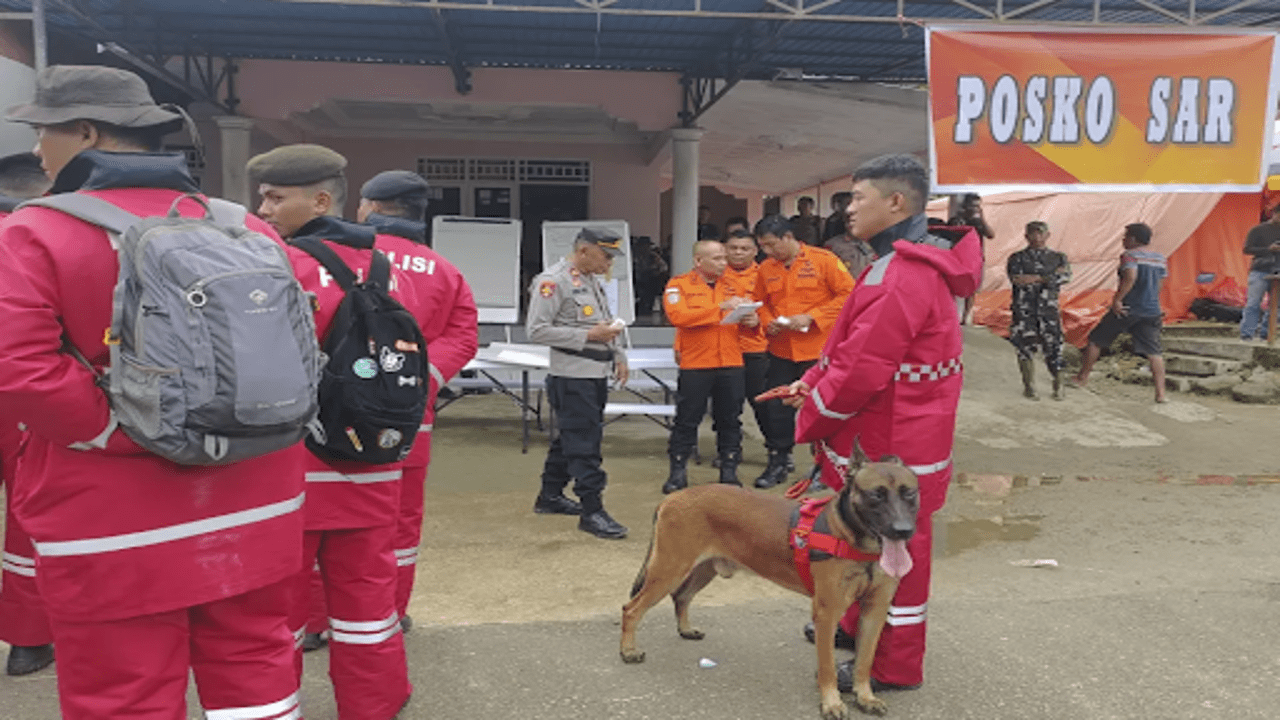
Rescuers get ready to respond to a deadly landslide in Suwawa, Sulawesi Island, Indonesia, on July 8, 2024. The landslide, caused by heavy rains, struck an illegal gold mining site, resulting in fatalities among miners, according to officials.
Rescue operations escalated on Wednesday in Sulawesi, Indonesia, following a devastating landslide at an unauthorized gold mine that claimed at least 23 lives. The incident occurred in Bone Bolango village, Gorontalo province, where over 100 villagers were prospecting for gold when tons of mud engulfed their makeshift camps. Despite rescuers pulling out 81 survivors, including 18 injured, 33 individuals remain missing.
The National Search and Rescue Agency mobilized more than 1,000 personnel, including army troops, to bolster search efforts. Heavy rains, unstable soil, and rugged terrain have complicated operations, prompting the Indonesian Air Force to dispatch a helicopter to expedite rescue operations.
Informal mining is prevalent in Indonesia, offering precarious livelihoods but posing grave risks such as landslides, floods, and tunnel collapses. Much of the mining involves hazardous chemicals like mercury and cyanide, often with inadequate protection for workers.
The latest tragedy underscores longstanding concerns raised by environmental activists about the environmental and human toll of illegal mining, particularly on Sulawesi. They criticize local authorities for allowing such activities despite their destructive impact on forests and rivers.
Muhammad Jamil of the Mining Advocacy Network blames a network of stakeholders, from miners to local officials, for perpetuating illegal mining practices and shielding perpetrators from legal repercussions. He warns that continued damage to natural resources jeopardizes Indonesia’s economic future.
Ferdy Hasiman, a mining expert, emphasizes the urgent need for government action to curb illegal mining, citing its role in exacerbating environmental degradation and contributing to natural disasters like floods and landslides.















